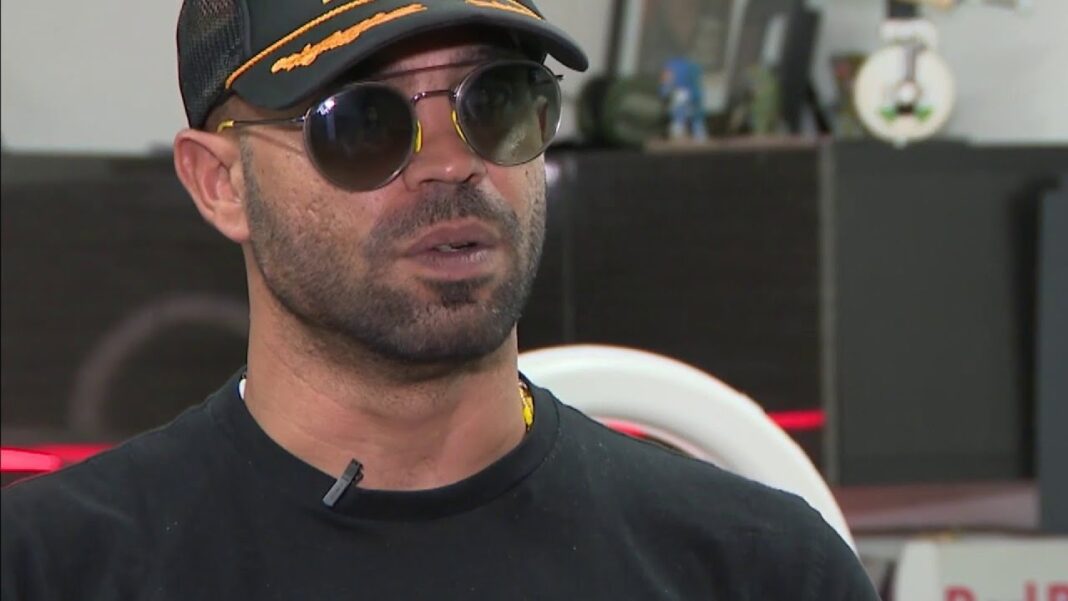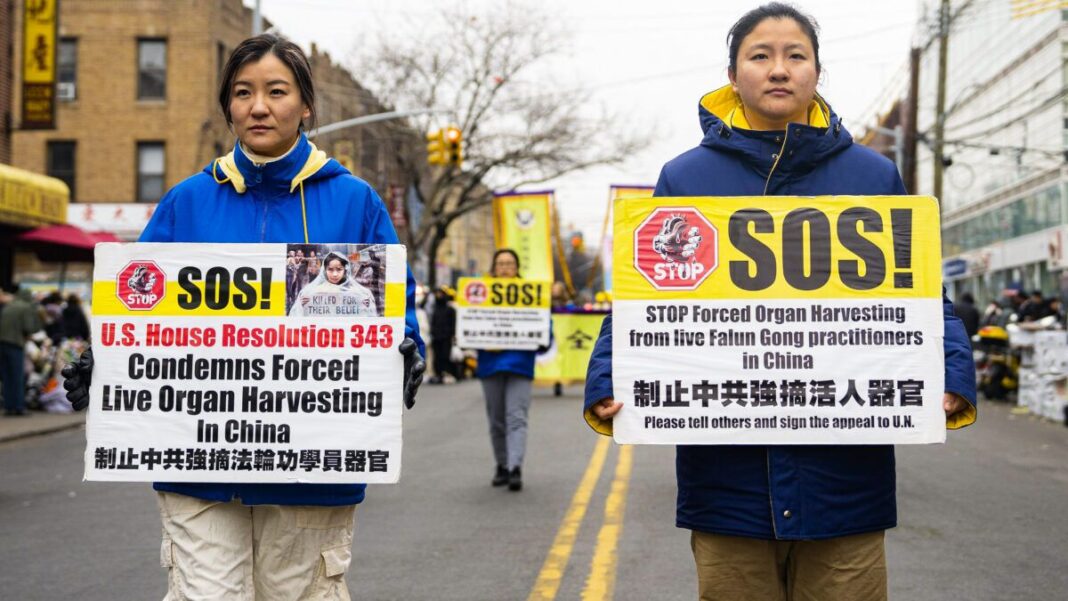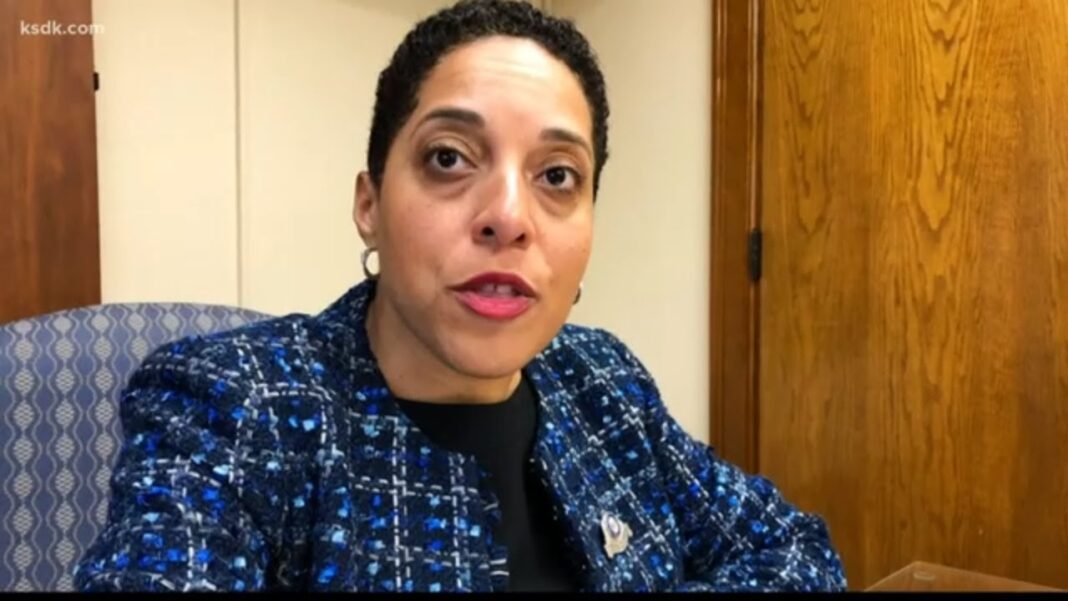April 8 motions are response to a fractured Court of Appeals ruling on obstruction law
Two defendants in the Proud Boys seditious-conspiracy trial filed a motion in federal court to dismiss obstruction-related charges in light of a fractured U.S. Court of Appeals ruling on the law used to charge hundreds of Jan. 6 defendants.
On April 8, attorneys for defendants Zachary Rehl and Ethan Nordean filed motions with U.S. District Judge Timothy Kelly, saying that the April 7 appeals court ruling requires a narrow definition of the term “corruptly” that must apply to the Proud Boys case or the obstruction charges should be dropped.
Confusion arose after issuance of the Court of Appeals for the District of Columbia’s ruling on § 1512(c)(2), a criminal statute defining obstruction of an official proceeding—the most frequently charged felony in Jan. 6 cases.
In 2022, U.S. District Judge Carl Nichols dismissed the obstruction of an official proceeding charges lodged against Jan. 6 defendants Joseph W. Fischer, Garret A. Miller, and Edward “Jake” Lang.
Judge Nichols ruled the obstruction statute only covers evidence tampering and not interfering with Congress’ ceremonial counting of Electoral College votes. The U.S. Department of Justice appealed.
Defendants in the Proud Boys trial include Rehl, Nordean, Dominic Pezzola, Enrique Tarrio, and Joe Biggs. The men are accused of seditious conspiracy, conspiracy to obstruct official proceedings, obstruction of official proceedings, and conspiracy to prevent certain federal officers from performing their duties at the U.S. Capitol on Jan. 6, 2021.
Prosecutors say the Proud Boys conspired to attack the U.S. Capitol on Jan. 6. Tarrio, Rehl, Nordean, and Biggs face nine criminal counts related to the Capitol breach, and Pezzola is charged with 10.
‘Splintered’ Appeals Court
According to the April 8 defense motions, the Court of Appeals ruling contains three opinions: a lead opinion by Judge Florence Pan, a very narrow partial concurrence by Judge Justin Walker, and a dissenting opinion by Judge Gregory Katsas.
Judge Walker’s concurrence with Judge Pan was based on a narrow reading of the term “corruptly.” Without use of the narrow definition, Walker wrote that he would join in Katsas’ dissent.







